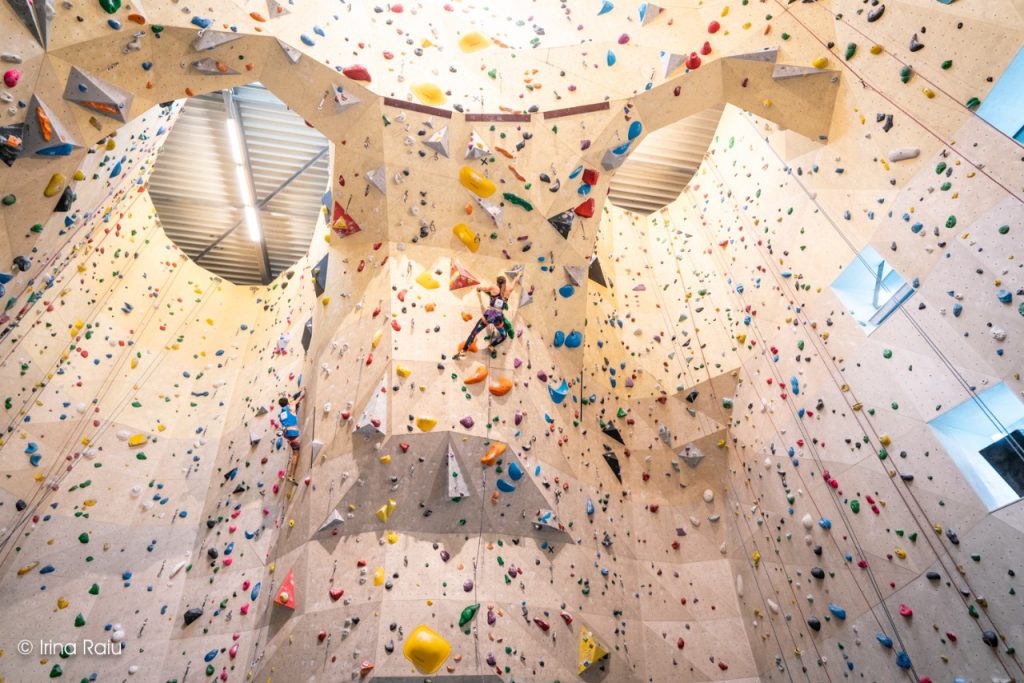Hiking programs provide structured understanding experiences for individuals desperate to explore the straight world. These courses focus on climbers of all levels, from beginners getting their first measures on the wall to veteran veterans seeking to refine their skills or tackle new challenges. Generally, hiking courses are designed and light emitting diode by experienced instructors who provide their understanding, knowledge, and passion for hiking to participants.
The curriculum of a climbing course frequently covers a wide range of issues essential for safe and satisfying climbing. Novices might learn simple abilities such as for example tying troubles, belaying techniques, correct gear application, and standard hiking movement. Advanced programs might explore in to heightened issues like cause hiking, anchor creating, way studying, and chance management. Sophisticated programs may focus on particular techniques for several types of climbing, such as trad climbing, activity climbing, or bouldering, as well as advanced recovery and self-rescue skills.
Hands-on training is a central element of hiking courses, letting members to utilize what they’ve realized in a controlled environment underneath the advice of instructors. Hiking gyms, outside crags, and particular training facilities provide the perfect spots for realistic ability development. Participants receive individualized feedback and coaching from instructors, supporting them refine their practices and construct assurance on the wall.
Beyond complex abilities, climbing courses often highlight important aspects such as hiking integrity, environmental stewardship, and chance assessment. Members find out about Keep Number Track principles, responsible outside behavior, and the significance of keeping hiking areas for future generations. Also, they gain insights into the mental areas of hiking, such as for example goal setting, overcoming anxiety, and sustaining concentration and awareness all through tough climbs.
Several climbing courses also provide possibilities for community making and camaraderie among participants. Climbing is inherently a cultural task, and programs supply a loyal environment where climbers may join, share experiences, and encourage one another to force their limits. Whether it’s cheering on a other climber because they handle a difficult route or celebrating successes together at the conclusion of the program, the feeling of camaraderie fosters a powerful sense of belonging within the hiking community.
Safety is paramount in hiking, and hiking programs prioritize training participants how to assess and mitigate dangers effectively. From correct gear examination and maintenance to emergency procedures and interaction practices, members learn necessary protection practices which are essential for a secure hiking experience. Instructors impress a tradition of protection attention and inspire individuals to create educated decisions while climbing independently.
Hiking courses usually offer a pathway for people enthusiastic about using hiking as a vocation or becoming licensed instructors themselves. Accreditation programs and mentorship opportunities provide future instructors with the training and guidance they have to kurs wspinaczki climbing abilities effectively and responsibly. Through a mix of class instruction, practical experience, and mentorship, members gain the data and self-confidence to cause climbing courses and share their passion for climbing with others.

To sum up, hiking courses present valuable understanding experiences for climbers of levels, giving a structured pathway for ability development, particular growth, and neighborhood engagement. Whether it’s learning simple techniques, improving advanced skills, or using a career in hiking training, individuals take advantage of specialist training, hands-on practice, and a helpful learning atmosphere that fosters a lifelong love for climbing.
